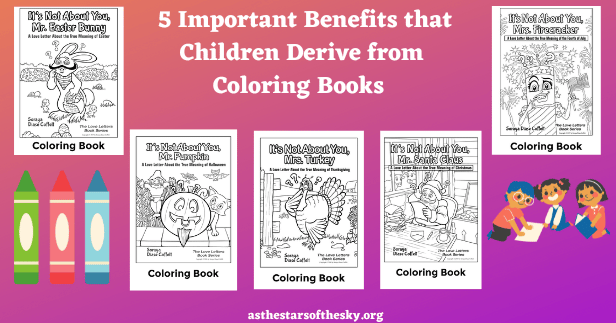Why is it often so difficult for parents to say “no” as an answer or response to their children? Frequently, parents do not want to disappoint their children and say “yes” or “maybe” too readily. Here are some suggestions as to why parents should be saying “no” more often and establishing boundaries:
1. Realize that children need to feel some discomfort. As they grow up and then enter the adult world, they will not be told “yes” as much as they would like. Learning from young will help them adjust more readily.
2. Children need to learn all about patience and waiting. There is an appropriate or proper time, but it will not always be when they want it to be. For example, if we allow them to stay up late on a school night playing video games, they will develop a feeling of being entitled to have what they want whenever they want it or do whatever they want to do whenever they want to.
3. Children feel more secure when they have boundaries. Instead of constantly negotiating with your children or giving continual reasons as to why you are saying “no”, take a stand and say “no” but, importantly, be prepared to be firm in your decision. Understand that children will push the boundaries as much as they can, and it is up to the parents to stand and keep on standing. If your children continue to argue or negotiate or raise their voice, just tell them that you will not discuss the matter any further and turn and walk away. The discussion has ended. Yelling at your children will not accomplish what you desire.
4. Children should understand that their parents are in charge and are not their friends. Too often, parents want to be their children’s friends and allow their children to have their way. A parent cannot simultaneously be a friend and parent. Children need direction and that comes from their parents.
You should also be mindful of saying “no” too often. There are many alternate ways to say “no” and the article below provides some interesting things to say and do instead.
For more information, please visit:
https://www.parents.com/toddlers-preschoolers/discipline/tips/discipline-without-saying-no/



